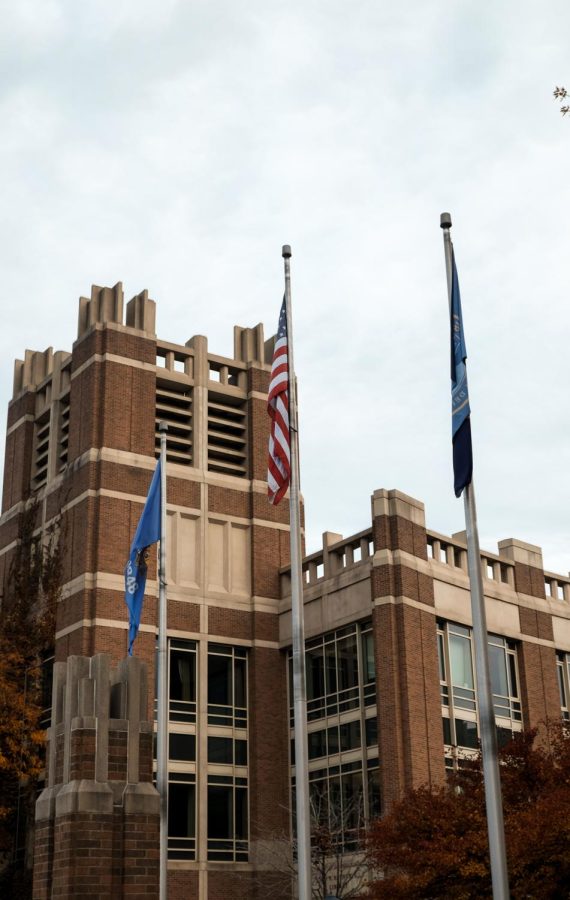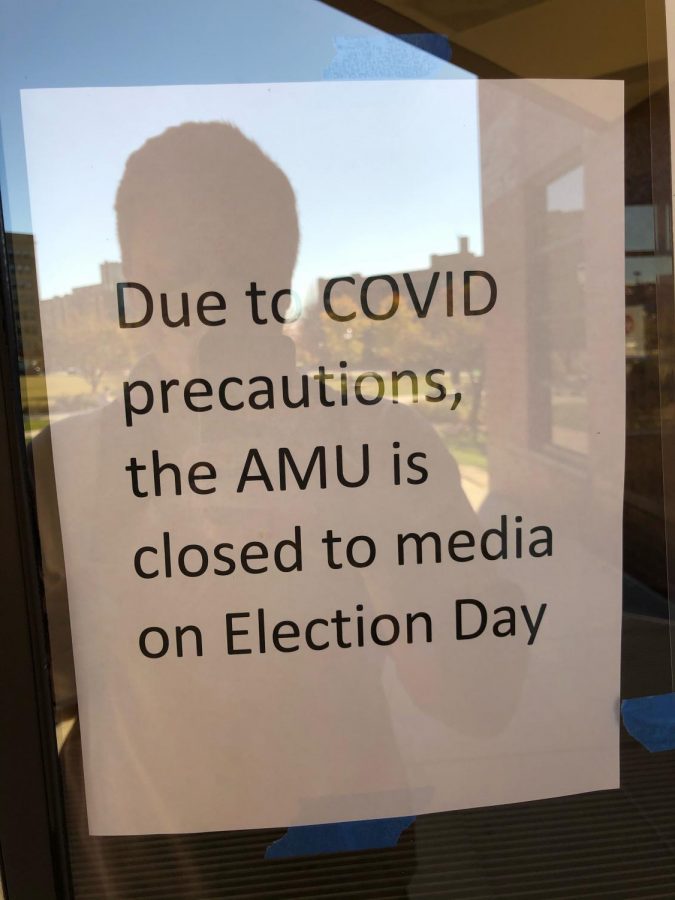With the partisan primary coming up April 7 and the general and presidential elections coming up Nov. 3, Marquette University encourages all eligible students to vote in the election. However, college students could be facing barriers when trying to vote in the elections, such as understanding voter identification laws.
A voter ID law requires people to show some form of identification on Election Day. Each state’s voter ID laws vary. In Wisconsin, all eligible Wisconsin voters — including students — must show an acceptable photo ID, such as a U.S. passport or photo identification card issued by a Wisconsin accredited university or college, to receive a ballot.
Mary Czech-Mrochinski, associate vice president for public affairs at Marquette, said in an email that there are sometimes logistical challenges students face regarding voting.
“Wisconsin is one of the few states that still has same-day voter registration which is particularly helpful to a more transient population, such as students,” Czech-Mrochinski said. “Students need to decide if they are going to vote absentee at their permanent address or here in Wisconsin on campus.”
If a student trying to vote doesn’t follow the voting laws, they could face legal consequences.
“Students must understand they can only vote in one state, Czech-Mrochinski said. “For example, if a student is originally from Illinois and decides to vote in the March 17, 2020, Illinois presidential primary election they cannot vote in the April 7, 2020 Wisconsin Presidential Primary.”
Voting in both is illegal and doing so could result in prosecution.
She said that for students who plan to vote absentee at their permanent address, especially if it is outside Wisconsin, they should check the dates for their home states to ensure that they can meet the deadlines.
Despite the ID laws and registration process, Czech-Mrochinski said she is not aware of any instances when a Marquette student was not able to vote because of these issues.
Czech-Mrochinski emphasized that the university promotes voting among students. She said Marquette worked with the Wisconsin Legislature to include a college identification card as an acceptable form of identification to vote in Wisconsin.
“Combined with required paperwork via Checkmarq, that is compliant with Wisconsin law,” she said. She said Wisconsin residents that have been issued a Wisconsin Driver’s License or state ID card need to provide that card information when voting.
Czech-Mrochinski also emphasized that voter turnout increased from the February 2016 to the February 2020 Milwaukee spring primaries.
The data included both on-campus and off-campus Marquette housing voting wards. All wards showed an increase in voter turnout expect for Ward 196, where only a handful of Marquette students vote: Ward 187 showed a 280% increase in voter turnout, Ward 190 a 129% increase, Ward 191 a 270% increase, Ward 192 a 53.8% increase, Ward 194 a 16% increase, and Ward 196 a 6.3% decrease.
Owen Brown, a junior in the College of Communication from New York, said he has never voted before. He said he was confused by the voter ID laws, and while he plans to vote in the upcoming elections, he said he still needs to learn more about how to register.
He added that in the upcoming elections, he would prefer to vote in Wisconsin.
“It’s a swing state, so you never know what color it’ll end up,” he said.
Both Czech-Mrochinski and Brown said it is important that college students vote. Czech-Mrochinski said civic engagement is an integral part of the higher education process.
“People have to do their jobs as citizens,” Brown said.
This story was written by Matthew Choate. He can be reached at matthew.choate@marquette.edu






